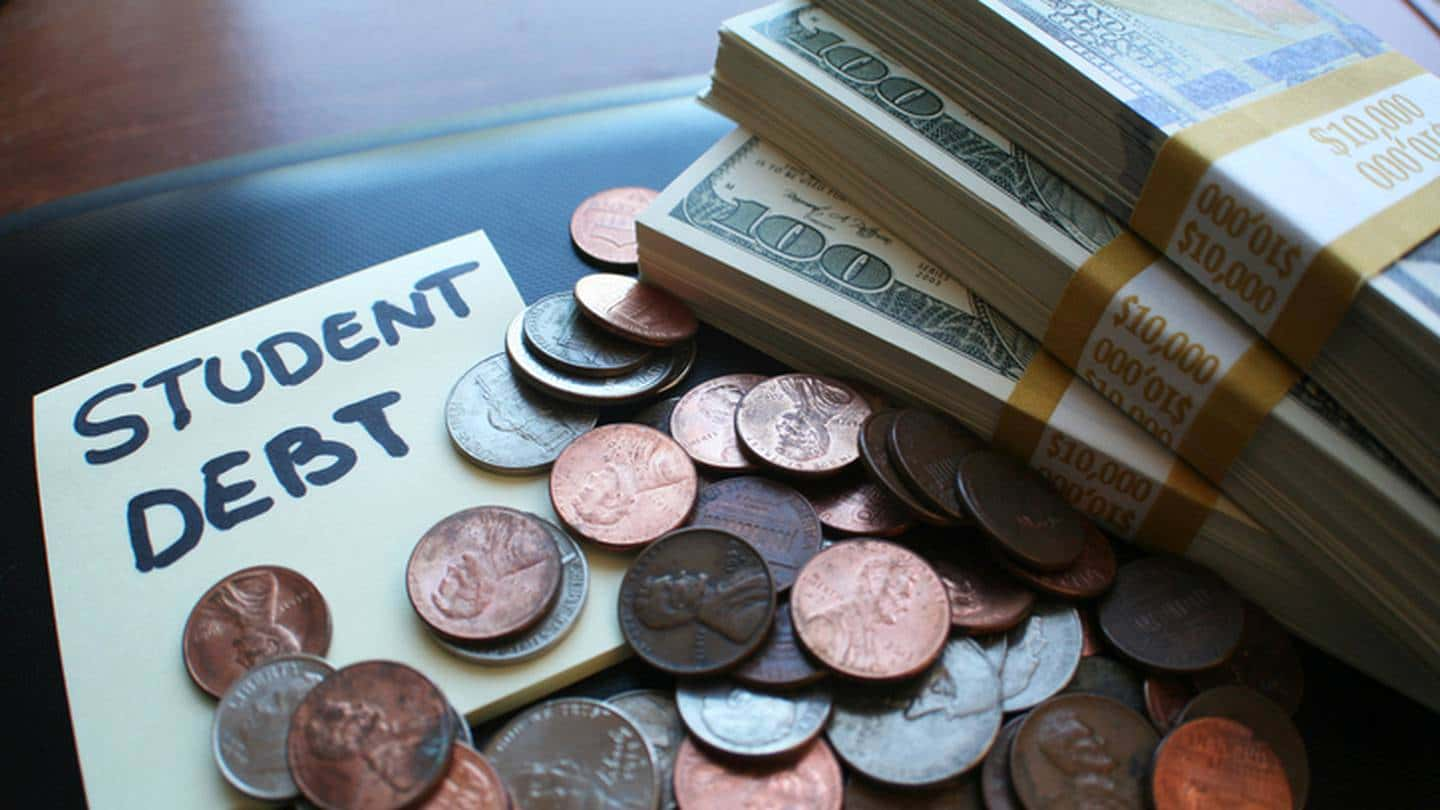A growing number of individuals are considering a boycott of these payments.

After a three-year hiatus, an estimated 27 million borrowers are set to recommence their student loan repayments come October
Findings from an August survey conducted by Intelligent.com indicate that 62% of borrowers are leaning towards boycotting federal student loan repayments, with half of them believing this action could lead to complete debt forgiveness. However, experts caution against this notion, asserting that such a boycott is unlikely to materialize into a reality.
Choosing not to fulfill student loan repayments obligations carries severe and enduring consequences. Defaulting on loans, as outlined by FAFSA, occurs when scheduled payments are neglected for at least 270 days under programs like the William D. Ford Federal Direct Loan or the Federal Family Education Loan. Lamine Zarrad, CEO of StellarFi, stresses that even a single late payment can adversely affect one’s credit score. Those persisting in default or late payments may find their creditworthiness compromised.
Zarrad explains, “A damaged credit score not only hampers access to credit but also impacts its terms, potentially leading to additional financial strain.” Such repercussions are not swiftly rectified; Zarrad notes that a negative credit history stemming from unpaid student loan repayments can linger on a borrower’s credit report for up to seven years. Beyond credit hurdles, lingering student debt can impede progress toward financial objectives.
High monthly payments, Zarrad contends, may hinder efforts to save for significant expenses like a home or a car
Should a borrower choose never to repay loans and face an unforeseen emergency expense, like a car repair, without an adequate emergency fund, Zarrad warns it could severely constrain their ability to cover such costs. Other grave consequences of neglecting federal student loan repayments encompass wage garnishment and reduction of Social Security benefits.
FAFSA underscores that loan holders possess the authority to instruct employers to withhold up to 15% of disposable income to recoup defaulted debts. This continues until the default status is resolved or the defaulted loan is fully repaid. CNBC reports that Social Security benefit withholding generally ensues after 425 days of delinquency. Should student loan repayments not recommence, the withheld amount is either 15% of the total monthly benefit or the excess over $750 per month, whichever is greater.
READ ALSO: Kentucky Income Tax Rate Unchanged In 2025 Due To Fiscal Requirements




